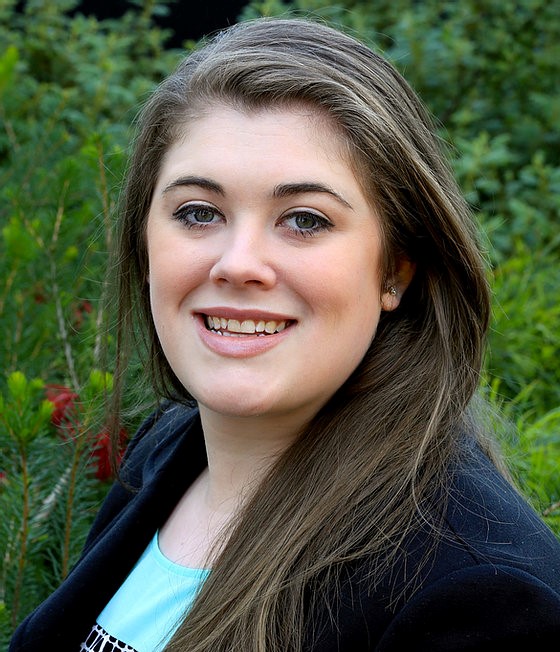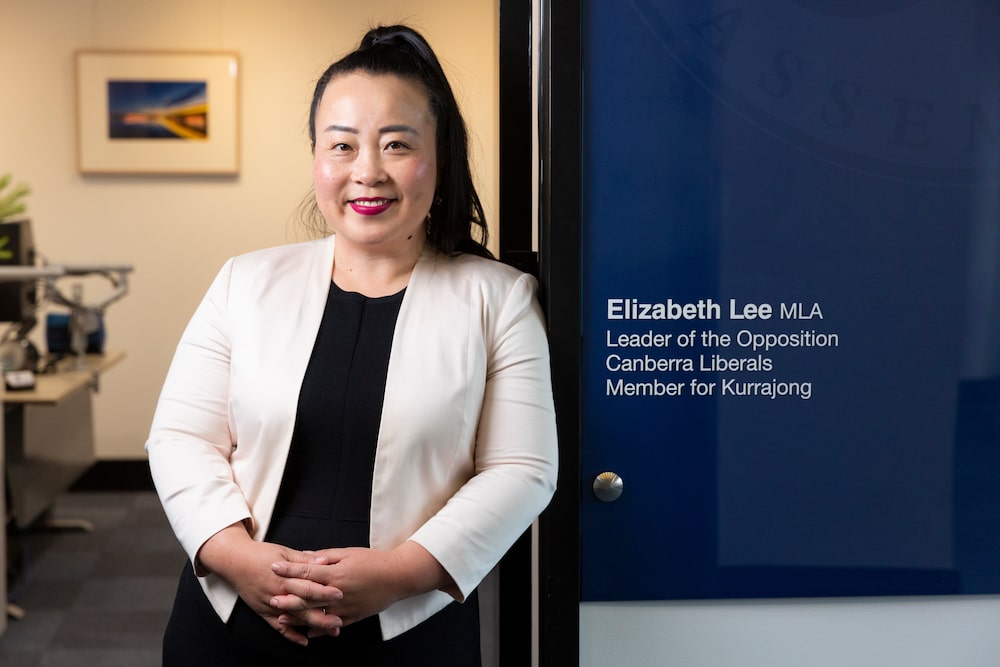A leading expert in stealthing, a “relatively new area of criminal law”, has applauded Canberra Liberals leader Elizabeth Lee’s proactive bid to ensure the act of removing a condom without consent during sex is illegal in the ACT.
RMIT University senior lecturer in criminology and justice, Dr Brianna Chesser, said she was “really relieved” that stealthing was getting attention given how many Australians it impacted.
“This is a very relevant issue, because anything to do with sexual conduct is still quite closed,” she said.
There is no legal precedent of a person being convicted for stealthing in Australia, although research indicates one in three women and nearly one in five men have been stealthed.

The ACT would be the first jurisdiction in Australia to explicitly outlaw stealthing, if the Bill presented in the Legislative Assembly on Thursday afternoon were to pass.
Ms Lee laid out her argument in plain language.
“Stealthing is the non-consensual removal of a condom during sex,” she said.
“The non-consensual removal of a condom during sex negates consent, and sex without consent is sexual assault.
“And sexual assault is a crime.”
Ms Lee’s Bill proposed amending existing consent provisions within the Crimes Act to “expressly define stealthing as a factor that negates consent”.
The Canberra Liberals leader has practised law and lectured in the subject at the Australian National University and the University of Canberra and is former Vice President of the ACT Law Society.
In September 2020, the New South Wales Law Reform Commission (NSWLRC) announced its recommendations to address stealthing in the law.
The NSWLRC proposed reform to include “sex with a condom as an example of a particular sexual activity to which a person may consent without consenting to any other sexual activity”.
Dr Chesser said the wording of the changes proposed by the NSW Law Reform Commission was “a bit more convoluted” than that of Ms Lee’s Bill, which was “more definitive”.
“There was question in previous literature about whether stealthing was even a criminal offence,” she said.
“I think it’s quite clear in the community that yes, it is being viewed as a criminal offence.”
Dr Chesser co-authored, with colleague April Zahra, the first academic journal article on stealthing in Australia, and the third in the world after articles in the United Kingdom and the United States.
She said stealthing was a relatively new area of criminal law, “in fact, it’s a new word”.
“We have this understanding now that no means no. What does yes mean? And what if there are conditions placed on yes?”
Ms Lee said most people who had experienced stealthing had no idea that such an act could be considered a negation of consent.
She sought feedback from lawyers, Legal Aid, the Law Society and the Bar Association.
“I acknowledge the Bar Association’s view that the current laws perhaps may and do cover stealthing, it’s difficult to know, because we have no precedent.”
A man was recently convicted for stealthing in New Zealand, and a man accused of stealthing in Australia is awaiting trial in Victoria.
Ms Lee gave three more examples of countries that had convicted perpetrators of stealthing: Switzerland, Canada and Germany.
The case in New Zealand was “an important catalyst”, according to Dr Chesser.
“And when the judgement is delivered in the Victorian case, it will be equally important.”
Ms Lee said criminal law should be a deterrent for unacceptable behaviour such as the “heinous” act of stealthing.
The Leader of the Opposition sought the “views, feedback and expertise” of Canberra Rape Crisis Centre, the Victims of Crime Commissioner Heidi Yates, YWCA, the Women’s Centre for Health Matters, and notified Meridian ACT and Sexual Health and Family Planning ACT.
Ms Lee moved that the Bill be agreed to in principle, and debate was adjourned to the next sitting of the Legislative Assembly.
A commitment to reform consent laws, including consideration of a positive definition of consent, is included in the ACT Government parliamentary agreement between Labor and the Greens.
If you or someone you know is impacted by sexual assault, domestic or family violence, you can call or visit the website of:
- 1800RESPECT: 1800 737 732
- Canberra Rape Crisis Centre: 02 6247 2525
- Domestic Violence Crisis Service ACT: 02 6280 0900
- Lifeline: 13 11 14
- In an emergency, call 000
For more news:



